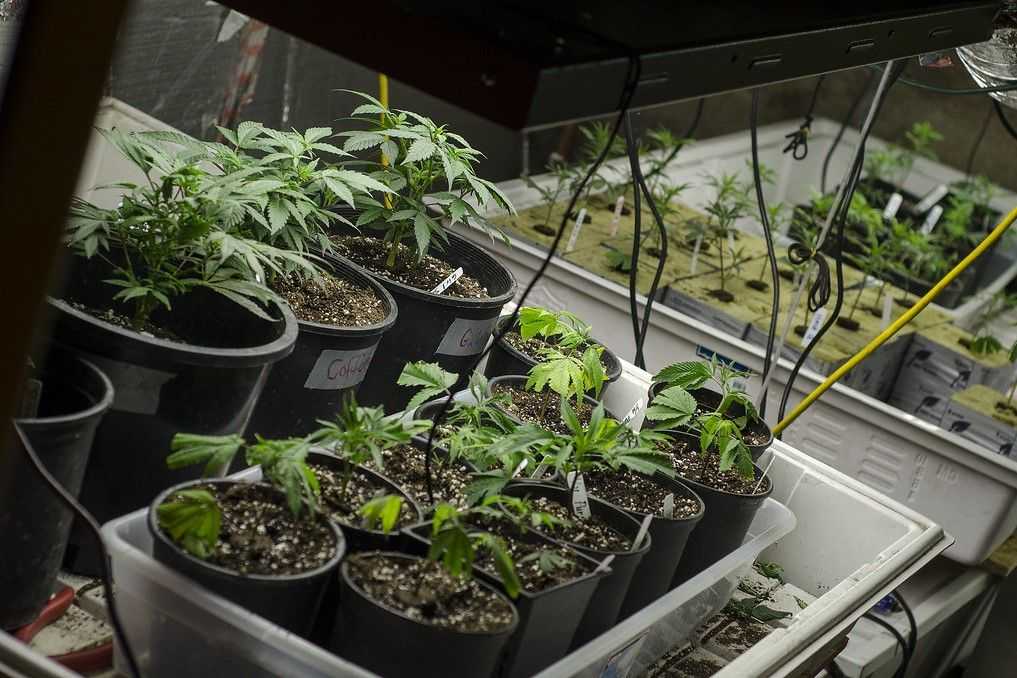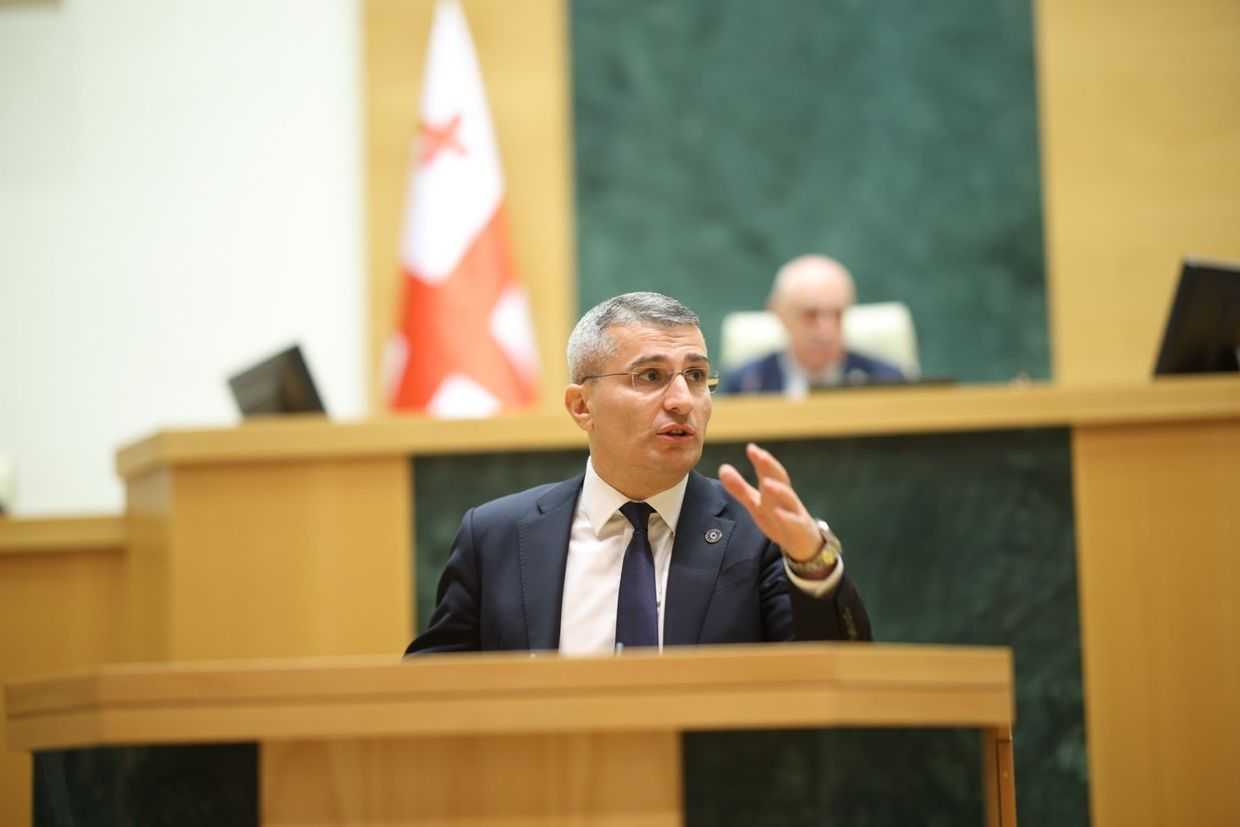

 A bill to decriminalise possession of all drugs has been put before Georgia’s Parliament by the Parliamentary Health Committee. The bill was developed by Tbilisi-based advocacy group the National Drug Policy Platform, which consists of over 40 NGOs.
A bill to decriminalise possession of all drugs has been put before Georgia’s Parliament by the Parliamentary Health Committee. The bill was developed by Tbilisi-based advocacy group the National Drug Policy Platform, which consists of over 40 NGOs.
The initiative would make changes to ten organic laws, both administrative and criminal, and could also annul Georgia’s law ‘against drug offences’, adopted in 2007, which has been criticised by local rights groups for being too strict.
The core principle of the changes would be to move the country’s drug policy away from a criminal justice approach, treating drug use instead as a public health issue. According to the authors of the bill, current drug policy concentrates on punishing drug-addicts, instead of treating them. If the bill is adopted, distribution and trafficking of drugs would still be treated as a criminal offence.
According to the National Platform, almost 12,000 people were punished for drug-related offences in 2015, while only 5,400 people were given treatment for drug-addiction. According to campaigners, treatment is far more cost-effective than keeping drug-addicts in jail.
A survey of prison statistics in 2015 conducted by the University of Lausanne for the Council of Europe, found that approximately 31% of Georgia’s prison population, around 2,700 people, were convicted of drug offences, more than for any other type of crime.
According to transparency watchdog Waste Detector, who monitor prison costs, in 2015, Georgia spent around ₾31 ($13) per day on each prisoner. They calculated that the government could spend nine times less, ₾3.50 ($1.45) per day, by instead funding methadone replacement therapy, which helps treat people with opioid addictions.
In 2016, the government also carried out 22,400 drug tests, costing the state budget ₾9.4 million ($3.9 million).
Sopo Verdzeuli, head of the Tbilisi-based Human Rights Education and Monitoring Centre (EMC), who co-authored the bill, said on 27 June that they hope it will be a priority for Parliament in the 2017 autumn session.
Earlier in June, Georgia’s Parliament passed a bill in its first hearing to soften criminal penalties surrounding cannabis. The draft law would abolish prison sentences for planting, cultivating, purchasing, storing, and consuming cannabis. However, a final hearing on the law has yet to be held.









